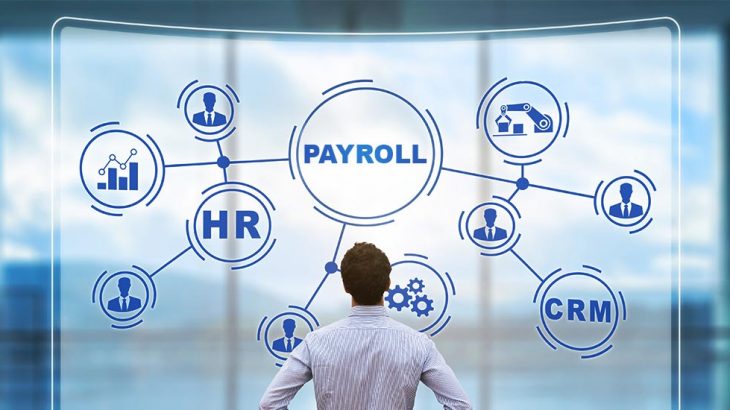Many businesses utilize one or more human resource information systems or automated payroll software to streamline business processes within an organization. These programs electronically house employee data and automatically update and calculate items such as salaries, deductions and application statuses. This not only saves time, but also increases an HR department’s efficiency.
Also Read: HRCI Global Professional in Human Resources (GPHR)
Applicant Tracking
Automated applicant tracking software is a popular choice among small businesses because it allows job postings, requisitions and applications to be submitted, organized and stored easily. As opposed to sorting through and maintaining paper applications, employers receive candidates’ applications in an electronic format and even can pre-screen applicants against the primary qualifications for any given position with built-in questionnaires. Some applicant tracking systems also have the capability of rating candidates according to their compatibility with the job description and requirements by ranking them in order of the most qualified to the least.
Timekeeping
Timekeeping software reduces the amount of data entry and manual calculations required by allowing employees to enter and submit their time sheets online and automatically calculating net pay based entered information, such as compensation rates, hours worked and vacation and holidays. Some timekeeping systems also track vacation accruals and usage, which can be a useful staffing tool when it comes to approving time-off requests.
Payroll
Payroll processing can be done more quickly and accurately with an automated system. Typically data such as federal and state tax rates, voluntary deductions and salaries are entered in the database, which means it automatically calculates net and gross earnings when each employee’s time sheet is imported into the software. Depending on the program you use, payroll direct deposits and live checks also may be generated automatically once your payroll file is submitted each pay period.
Performance and Compensation Management
HRIS systems are available to streamline the performance and compensation management process. This is an invaluable tool when it comes to completing and tracking annual performance reviews and planning for merit increases. Employers also may use this type of system to establish or update grade levels and salary ranges for positions, which determines each new and current worker’s starting pay, earning potential and benefits eligibility based on experience, job functions and market value.





